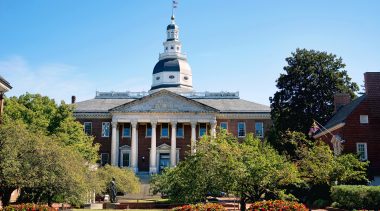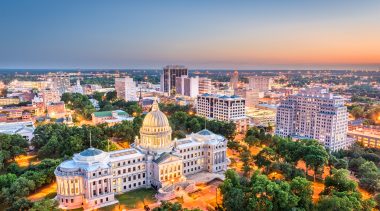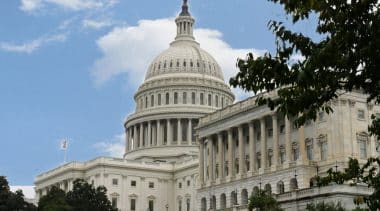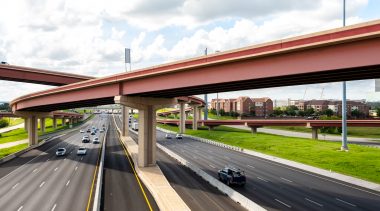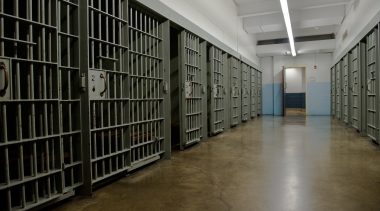-
How the Biden Administration and Congress Can Pave the Path for Automated Vehicles
New policy brief lays out several steps federal policymakers can take to adapt the automotive regulatory apparatus to automated driving system technologies.
-
Putting Milton Friedman’s Shareholder Primacy Ideas in Historical Context
If corporate executives eschew profits in pursuit of social responsibility, they are, in Friedman’s terms, “spending someone else's money for a general social interest.”
-
Court Ruling On San Diego’s Public Pensions Demonstrates the Importance of Stakeholder Collaboration in Pension Reform
As a result of the ruling on Proposition B, San Diego will likely be required to offer a defined-benefit pension plan to new hires.
-
Maryland Should Reject Unfair and Ineffective Flavored Tobacco Ban
A ban on flavored tobacco products could negatively impact public health and criminal justice reforms in Maryland.
-
A Better Way to Fund Students and Schools in Mississippi
The COVID-19 pandemic has demonstrated the need to update Mississippi’s K-12 education funding model, in particular the way that the state's school finance formula counts students.
-
Examining Legislation to Expand Open Enrollment in Arizona
Arizona lawmakers are looking to remove barriers preventing public school students from attending a school outside of their residentially assigned school district as well as more easily find transportation to their school of choice.
-
New Budget Reconciliation Resolution Portends Dangerous Debt Trends
The resolution predicts the national debt will reach $41 trillion in 2030.
-
Lawmakers in 10 States Have Introduced Proposals to Legalize Marijuana This Year
Congress also appears ready to consider the decriminalization of marijuana at the federal level in 2021.
-
Can Increasing Highway Capacity Be Effective?
In part two, Reason's Debatable Ideas series examines claims about the induced demand and the so-called "iron law of freeway congestion."
-
How Do High-Occupancy Toll Lanes Benefit All Income Groups?
In part one, Reason's Debatable Ideas series examines common myths and concerns about HOT lanes and how drivers, transit riders, and cities can benefit from them.
-
How to Make Public-Private Partnerships Part of a Bipartisan Infrastructure Bill
Those hoping for a major infrastructure bill that expands the country's use of public-private partnerships (P3s) know it will require the next transportation bill to be truly bipartisan.
-
A Tale of Two Space Launch Vehicles
The contrast between NASA and SpaceX launch vehicles is profound and points the way toward increased, and lower-cost, access to space.
-
Initial 2020 Revenue Figures In Many States Are Higher Than Expected
The COVID-19 pandemic didn’t hurt state tax revenues as badly as had been predicted by many states and economists.
-
Tax Hikes Are Not Going to Fix to Cities’ Growing Pension Costs
Tax increases target the symptoms, not the causes, of growing public pension debt.
-
COVID-19 Pandemic Reveals the Need for Nursing Home and Certificate of Need Law Reforms
The evidence indicates that certificate of need laws may actually be counterproductive to the goals of reducing costs and improving quality.
-
It Is Time for Environmentalism 3.0
Many of the policies promoted to address the most serious and high profile environmental problems—climate change, declining biodiversity, oceanic dead zones, and tropical deforestation—simply aren’t working.
-
Biden’s Misguided Federal Prison Executive Order
The Biden administration is moving to phase out the use of private prisons at the federal level.
-
New Jersey Lawmakers Can’t Agree on How to Regulate State’s Marijuana Market
New Jersey voters approved an amendment to legalize marijuana in November, but politicians' negotiations are stalling implementation.



